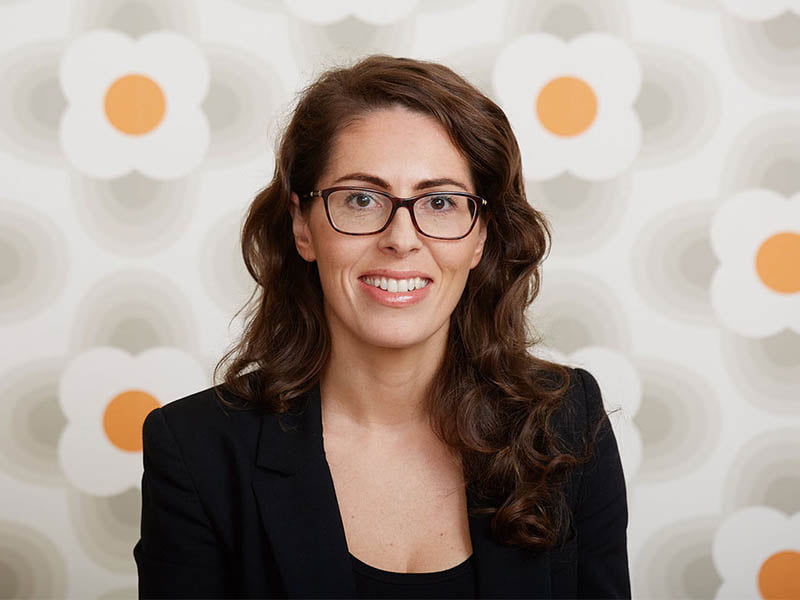The battle between Australian states to be the destination of choice for startups and tech firms is heating up, with South Australia now having entered the fray with a bold new fund.
The SA Government said earlier this month it would set up a $50 million venture capital fund to be managed by Blue Sky Venture Capital. The fund would invest in eight to 12 companies across 15 years, ranging from startups to more established firms.
The establishment of a South Australia Venture Capital Fund follows a long tender and evaluation process, after the fund was originally announced in last year’s state budget.

It’s the first time a state government has set up a startup fund to make equity investments, rather than simply giving money away in a grants-style program.
“The Venture Capital Fund is structured as a unique co-investment fund that enables the state government to invest alongside private venture capital funds to assist innovative local ventures with high-growth potential,” SA innovation minister Kyam Maher said.
“This fund will turbo-charge venture capital attraction to South Australia, providing a strong incentive for investors to look at opportunities in our state.”
Blue Sky will expand its existing Adelaide office, hiring additional staff who will be dedicated to the new fund.
The first hire was Melbourne-based investor Atlanta Daniel, who has been appointed as investment director of the new fund.
Ms Daniel has been a prominent figure in the Victorian startup sector. Her appointment is seen as a big win for South Australia in luring her from Melbourne.
“Working with Blue Sky is an absolute dream for me. There’s so much experience there that I can really gain from. That for me was really a no-brainer,” Ms Daniel told InnovationAus.com.
“This is about having the opportunity in Australia to join an ecosystem and help build it in a sustainable and positive way where you’ve got the ingredients to do that but not necessarily the cultural baggage of a Melbourne or a Sydney,” she said.
The fund is the state’s biggest push yet to grow its startup sector and attract tech companies, with hopes it will in turn attract further private funding.
Ms Daniel said it would function like a normal venture fund with little government oversight. The fund will make equity investments in local SA startups, as well as in companies that are willing to relocate to South Australia.
“I’d really hesitate to call it a government fund – it’s really not the government deploying the capital,” Ms Daniel said.
“They care about the development of this community, but found that the right way to do it was to get a third party who is a proven VC fund manager to deploy that capital.”
South Australia’s announcement comes as the competition between the state governments for entrepreneurial talent and startups heats up.
Each state has adopted different mechanisms to achieve the same goals: to grow local companies, to attract others, and to bring in private capital.
Victoria has led the way with aggressive policies, seen mostly in the big push to bring global tech companies to set up regional HQ in Melbourne.
This has led to companies like Slack, GoPro and Zendesk setting up in Melbourne, with accompanying glittery ‘annouceables’ about job creation with each coup.
Victoria set up an independent $60 million LaunchVic fund. LaunchVic offers equity-free grants to entities like accelerators, incubators and co-working spaces that provide ecosystem support.
But the organisation’s funding of large overseas accelerators like TechStars and 500 Startups has been criticised.
Queensland has also launched a range aggressive attraction policies through its Advance Queensland program. These include the HotDesq initiative, which unashamedly looks to poach startups from around Australia and overseas, leveraging the state’s lifestyle advantages and lower costs.
The state has also utilised a range of grants to fund existing startups in the state.
In contrast to these approaches, the New South Wales government has zeroed in on real estate for its startup support on. This culminated with the unveiling of a $35 million Sydney Startup Hub last week, which will provide subsidised workspace to up to 2500 entrepreneurs across the 17,000 square metre location in the Sydney CBD
It also appears that the state may soon follow in South Australia’s footsteps and launch its own fund, making equity investments in local startups, as NSW deputy premier John Barilaro said last week.
“The other piece we’re working on that will be a future announcement will be an equity stakeholding, a partnership with some of those new business ideas that are exciting and going global,” Mr Barilaro said.
Do you know more? Contact James Riley via Email.

